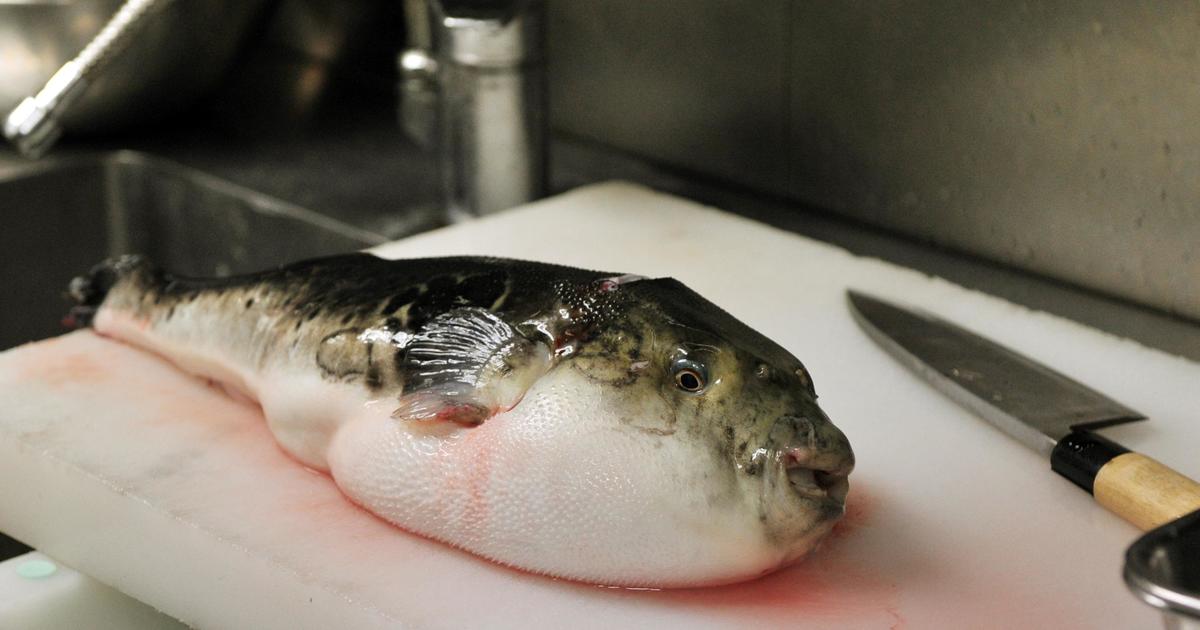A Japanese 10-year-old has become the youngest person authorized to prepare “fugu” pufferfish — a delicacy that can kill if its poisonous parts are not properly removed.
Fifth grader Karin Tabira passed a test this summer that means she is now certified to slice and gut the fish for consumption.
She recently used her new skills to serve a platter of paper-thin slices of fugu sashimi to the governor of southern Kumamoto region where she lives.



It’s ‘oishii’, CBS. Just because English no longer cares about vowels doesn’t mean Japanese doesn’t. Oishi is proper name (big rock or little rock depending upon the kanji)
After how Japan mangles names and words into katakana I can’t get too worked up over languages without (formally transcibed) vowel length forget a macron or double letter in publications for non-speakers.
Besides, I don’t think the h thrown into Ohtani is gonna make Dodgers fans say his name any different than without it. It would be similar to trying to get a random Japanese person to use vowels outside the five sounds they have.
The h in after O in names was some choice to try to denote oo or ou in japanese (long vowel for those that don’t know) so at least that kinda makes sense (I’m not sure if any modern transcription system officially uses it).
Katakana is certainly limited, but they can’t just add new sounds to the language and such easily. Older speakers can’t even say ‘v’ as in violin in most cases. Younger generations generally can (but a DVD is still a dee bui Dee or even a day bui day in some speakers).